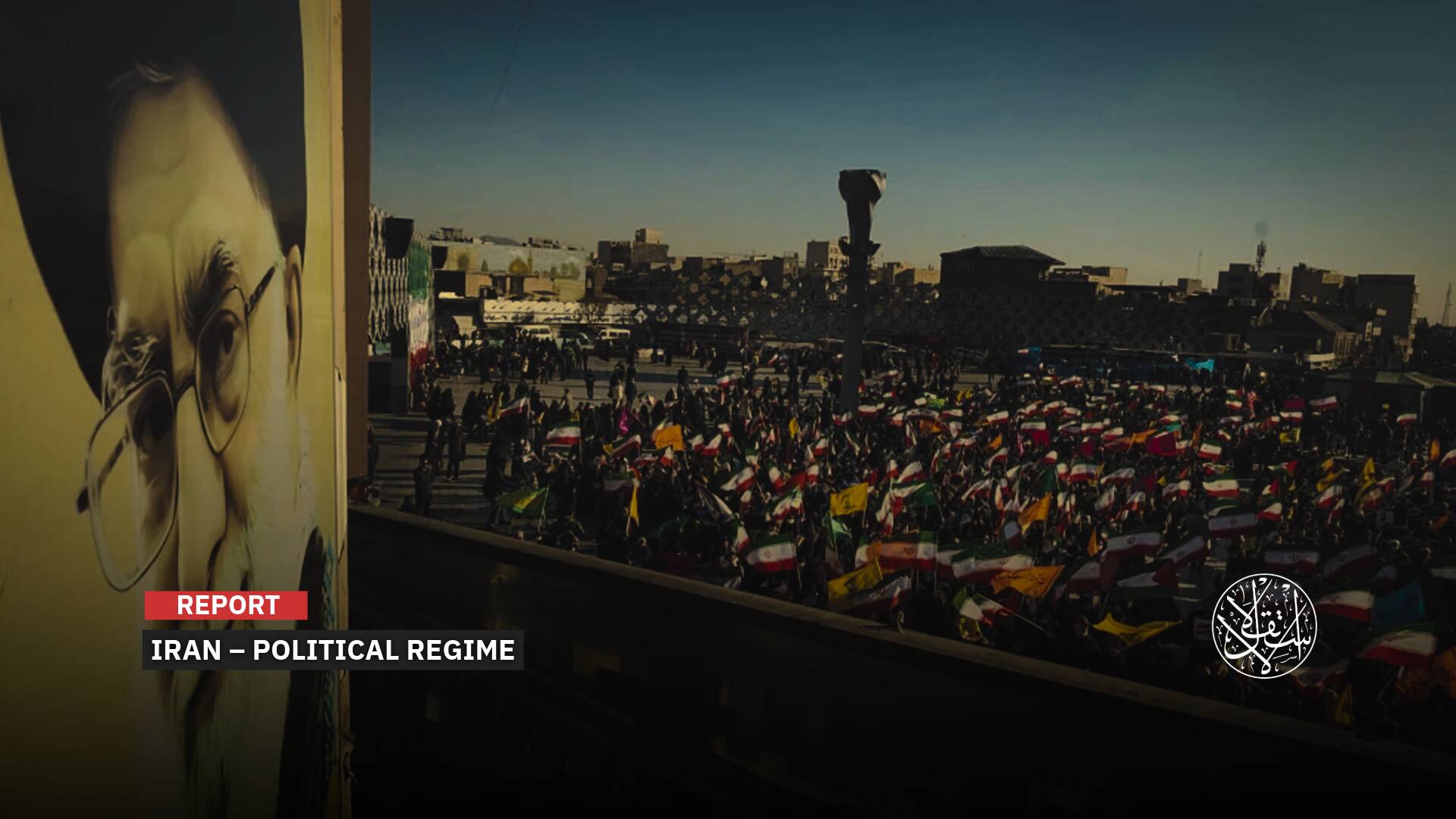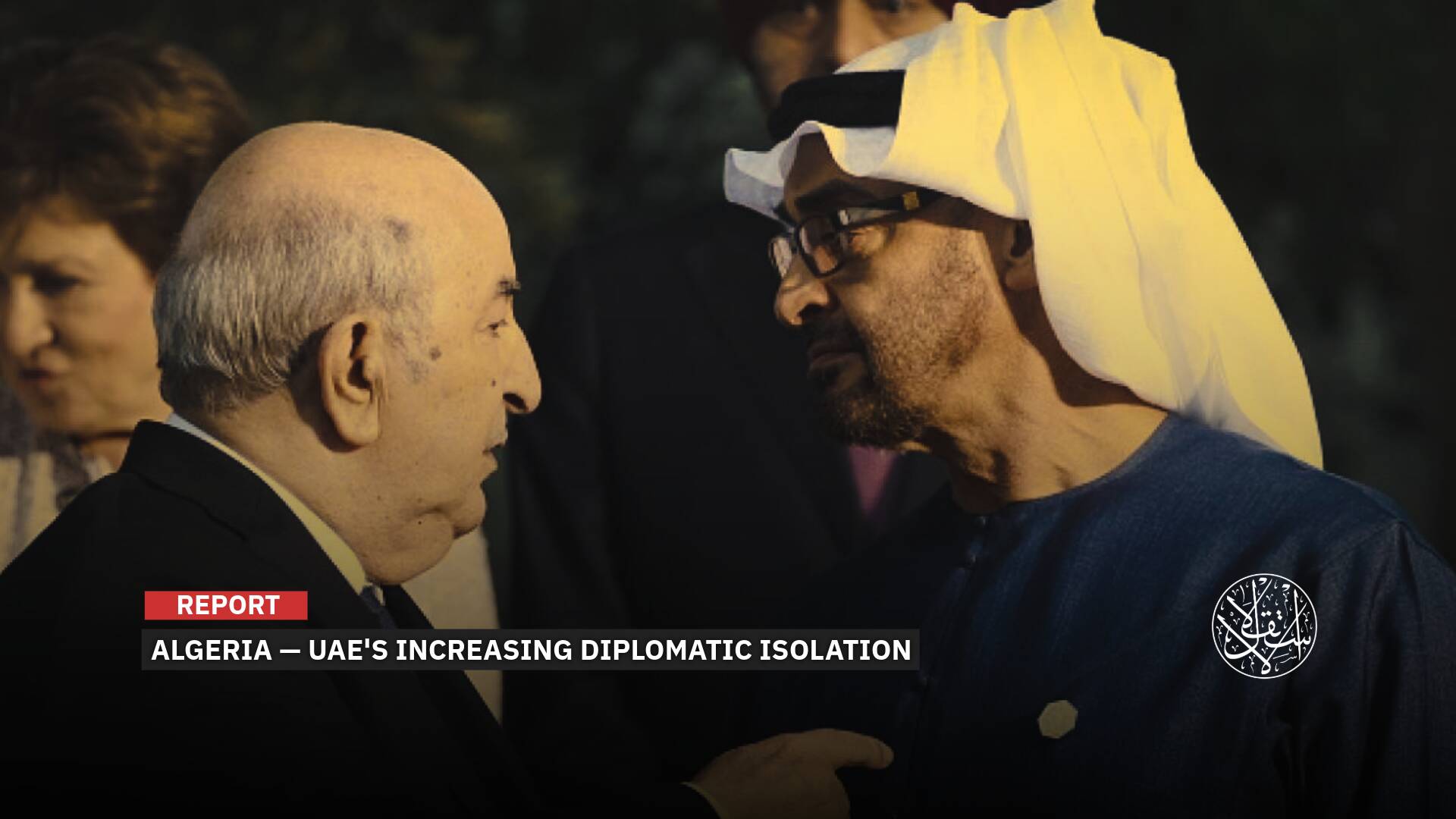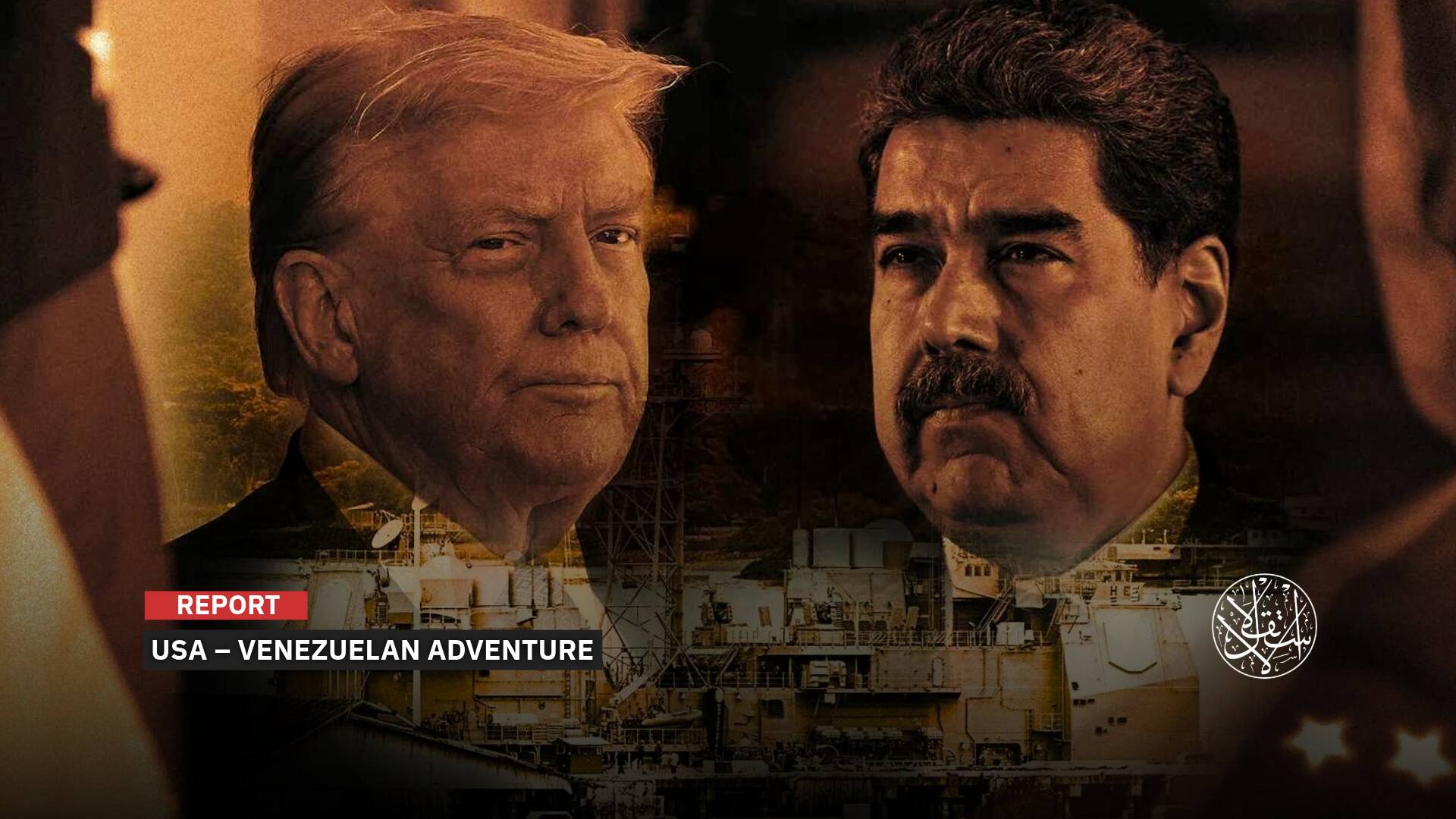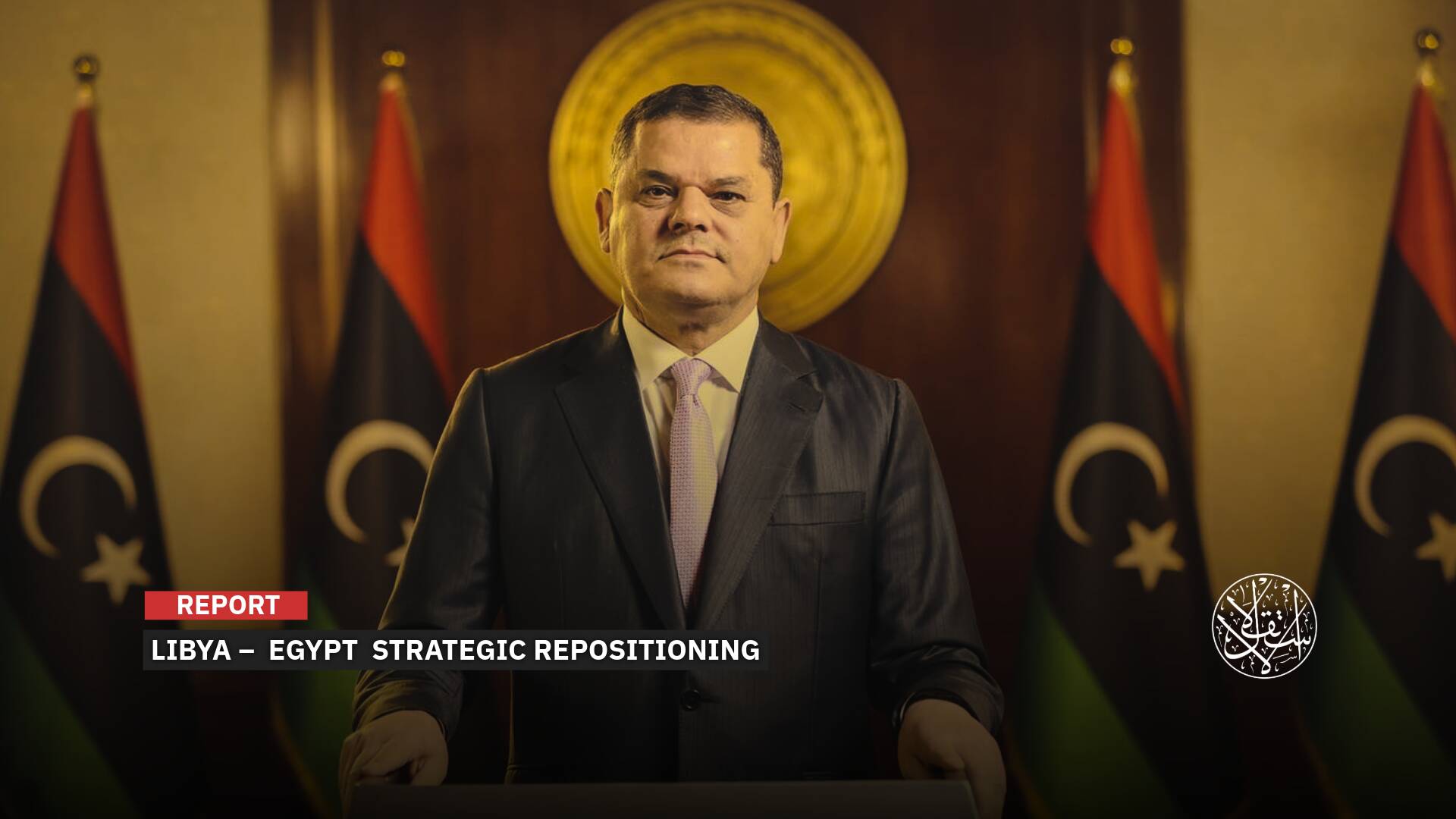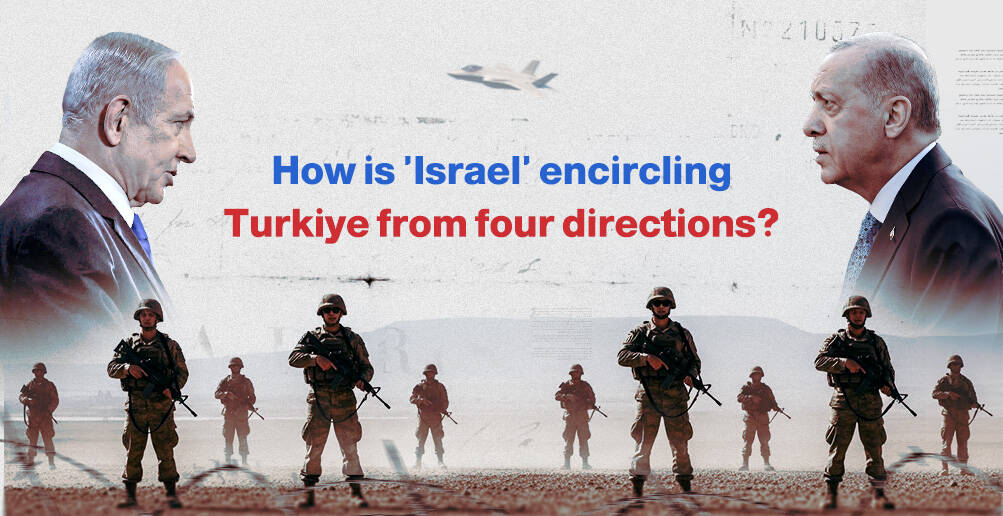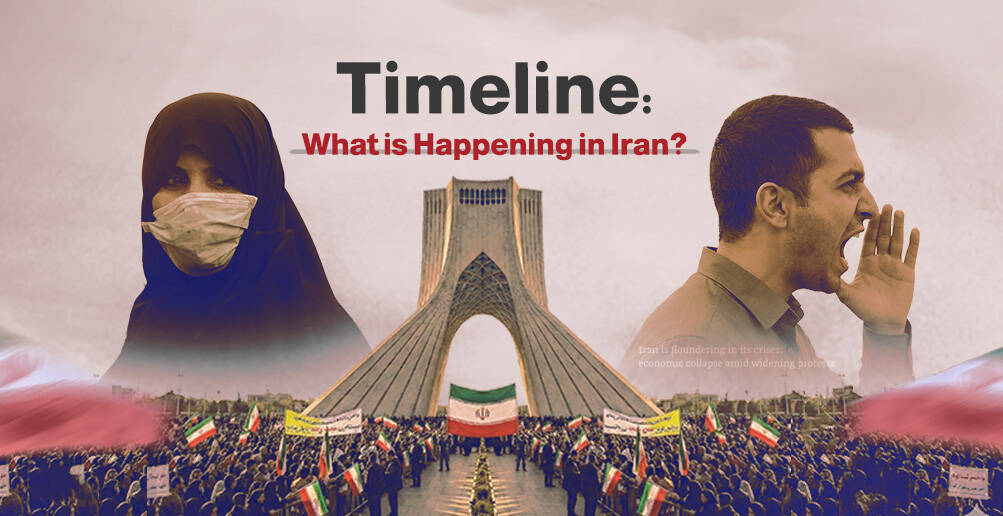How Turkiye Coordinated the Largest International Prisoner Swap since the Cold War

“This is the first time since the Soviet Union's collapse that Moscow has released prominent dissidents.”
On August 1, Turkiye announced that a swap of 26 prisoners between Russia and several Western countries had been coordinated in Ankara, in the largest prisoner swap since the height of the Cold War.
The Turkish presidency said in a statement that ten prisoners, including two minors, were transferred to Russia, while 13 prisoners were transferred to Germany and three to the United States.
The operation attracted international attention, particularly as Moscow released prominent opposition figures for the first time since the dissolution of the Soviet Union.
In turn, the White House welcomed the historic prisoner swap between Russia and the West. US President Joe Biden announced the end of the suffering of the prisoners released by Moscow, describing the swap with Russia as a diplomatic achievement.
On his part, Russian President Vladimir Putin raised the slogan ‘Russia does not abandon its citizens’ as he received those returning from Western prisons, reminding them that they served their country and did their duty in difficult and complex circumstances.
These words were of particular importance, as the Russian authorities have refused over the past years to acknowledge that its citizens imprisoned in several Western countries have links to intelligence services, and have always insisted that the accusations against them are nothing more than part of Western propaganda against Russia.
Prisoner Swap
After secret negotiations between Washington and Moscow that were described as complex and lasted for more than a year, a prisoner swap deal between Russia, the United States, Germany, Poland, Slovenia, Norway, Russia, and Belarus was successful, which is considered the largest since the Cold War.
The deal is a clear diplomatic victory for the administration of President Joe Biden, whose term ends in less than six months, but it was also a reminder to many that many American citizens are still being held by the Russian authorities.
It is also a victory of a different kind for Russian President Vladimir Putin, who could use the deal to highlight his loyalty to Russian agents arrested abroad, though it carries risks because it involves the release of prominent dissidents who could energize the exiled Russian opposition.
The deal was also a political coup for German Chancellor Olaf Scholz, whose government agreed to release convicted Russian assassin Vadim Krasikov, whom Putin considers a patriot for killing a Chechen separatist in Berlin in 2019.
The decision has been controversial in Germany, with criticism from the Chechen victim’s family, Amnesty International and the media.
The deal included Wall Street Journal journalist Evan Gershkovich, who Moscow has accused of espionage, and former US Marine Paul Whelan, who was also convicted of espionage, as well as several Russian dissidents.
Russian authorities accused Gershkovich, who was arrested in March 2023, of collecting classified information at the request of the CIA about a military equipment factory. He was sentenced to 16 years in prison for espionage.
Whelan was also convicted of espionage in 2020 and sentenced to 16 years in prison.
The deal also included: Alsu Kurmasheva, a US-Russian citizen who works as an editor for the US government-funded Radio Free Europe and was arrested in 2023 on charges of spreading false information about the Russian military and sentenced to 6 and a half years in prison.
Vladimir Kara-Murza, a Russian-British opposition figure, was arrested in 2022 after criticizing the Ukraine war and sentenced to 25 years in prison in a case he described as politically motivated.
Ilya Yashin, a prominent Kremlin critic, was serving an eight-and-a-half-year sentence for criticizing Russia’s war in Ukraine.
Andrei Pivovarov, head of the opposition group Open Russia, which was banned in 2021, was sentenced to four years in prison.
Other key figures include Oleg Orlov, a veteran human rights activist and member of the Memorial group, and winner of the 2022 Nobel Peace Prize.
In addition, there were a number of Russian opposition activists, including Ksenia Fadeeva, Lilia Chanysheva, and Vadim Ostanin, who were former regional bureau coordinators of the late opposition leader Alexei Navalny.
Included in the deal is, also, Alexandra Skochilenko, a Russian artist, who was sentenced to seven years in prison in November 2023 for replacing several price tags in a store with anti-war slogans.
The swap also involved: Kevin Lik, a Russian-German citizen, who was arrested in southern Russia in 2023 for taking photos of a military unit and sending them to a representative of a foreign state, and Rico Krieger, a German medical worker, who was arrested in Belarus on terrorism charges in June and sentenced to death.
Another name on the swap list is Demuri Voronin, a Russian-German political scientist who was arrested in 2021 and convicted of treason in 2023 and sentenced to 13 years and three months in prison.
Herman Moyzhes, a Russian-German citizen who works as an immigration lawyer, was arrested by Russian authorities in May and charged with treason.
Patrick Schoebel, a German citizen was, also, arrested by Russian authorities in February 2024 after candy containing the active ingredient cannabis was found in his possession.

In a dramatic development in one of the biggest prisoner swaps since the Cold War, the Kremlin has revealed shocking details about the eight Russian citizens, plus two minors, who were returned home.
The Kremlin has said for the first time that some of the Russians held in the West were officers of the Russian security services, including a couple whose children discovered their true nationality on a flight back to Moscow.
Kremlin spokesman Dmitry Peskov confirmed that the detained couple, Artem and Anna Dultsev, who were released in Slovenia, were Russian intelligence officers working under the cover of the secret service.
Also returning to Moscow was Vadim Krasikov, an officer in the Russian Federal Security Service (FSB) who was serving a life sentence in Germany for the murder of a former Chechen opposition figure in Berlin in 2019.
The Russian list also included Vladislav Klyushin, who was imprisoned in the United States on espionage charges, and Pavel Rubtsov, Vadim Konoshchenok, Mikhail Mikushin, and Roman Seleznev.

West-Russia Relations
In the same vein, former US President Donald Trump sharply criticized the prisoner swap deal between Russia and the West, adding: “The Russians got a good deal.”
“I think it’s a great thing that Ivan is coming back, but these deals are terrible because they’re going to lead to a lot of kidnappings,” Trump told Fox Business Network.
Washington accuses Moscow of detaining American citizens to secure the release of Russian citizens imprisoned abroad for major crimes.
On its part, the Kremlin has ruled out the possibility of immediate progress in negotiations on the conflict in Ukraine following the major prisoner swap between Moscow and Western countries, stressing that the two operations are different.
Kremlin spokesman Dmitry Peskov told reporters that negotiations between Kyiv and Moscow are at a complete standstill more than two years after the start of the Russian invasion of Ukraine, with each camp putting forward irreconcilable demands.
This major swap comes less than two years after the swap of WNBA star Brittney Griner for Russian arms dealer Viktor Bout.
Griner was arrested in 2022 at a Moscow airport when vape bottles containing cannabis oil were found in her luggage, and she was sentenced to nine years in prison for drug possession.
Bout was arrested in 2008 and was serving a 25-year prison sentence in the United States for conspiring to sell weapons intended to kill Americans.
In late 2022, a major prisoner swap took place between Ukraine and Russia involving a US Air Force veteran named Suedi Murekezi.
He had been arrested by Russian forces in June 2022 in eastern Ukraine and charged with participating in pro-Ukrainian and anti-Russian demonstrations.
In April 2022, former US Marine Trevor Reed, who had been sentenced to nine years in prison in Russia for violence, was exchanged for Russian pilot Konstantin Yaroshenko, who had been imprisoned in the United States since 2010 on drug trafficking charges as part of a guerrilla war in Colombia.
On July 9, 2010, Vienna Airport was the scene of a prisoner swap between Russia and the West of 14 suspected spies.
Among them were double agent Sergei Skripal, sent by Moscow to Britain, and Russian undercover agent Anna Chapman, sent by Washington to Russia.
Before that, major prisoner exchanges involving more than a dozen people had only taken place during the Cold War, when the Soviet Union and Western powers exchanged prisoners in 1985 and 1986.

Turkiye’s Role
The recent prisoner swap was welcomed by Western countries, human rights organizations, and the United Nations.
US President Joe Biden and Secretary of State Antony Blinken expressed gratitude to Ankara for its role in the prisoner swap, which was coordinated and executed by Turkish intelligence.
US State Department Deputy Spokesman Vedant Patel praised Turkiye’s role as a vital partner and ally, expressing gratitude for Turkiye’s involvement in the swap deal.
UN spokesman Stephane Dujarric, asked about the swap, said: “We welcome the fact that an agreement was possible and that it was achieved between different parties.”
Turkiye’s Communications Director Fahrettin Altun said that “in the current period of heightened tensions in the region, Turkiye continues to contribute to peace and stability on the international stage under the leadership of President Recep Tayyip Erdogan.”
“Turkiye has once again proven to be a powerful diplomatic force, distinguished by special partnerships with various countries in the world, and we are investing our capabilities in the service of peace and stability through effective cooperation with various international actors,” Altun added.
The Turkish official noted that “Turkiye facilitated the largest prisoner swap in recent memory and that Turkish intelligence had established channels for dialogue and mediation in this historic process that included some global adversaries.”

In turn, political analyst Mahmoud Alloush told Al-Estiklal that “the historic East-West prisoner swap brokered by Ankara has marked the triumphant return of Turkish diplomacy onto the world stage, despite quarrels with its NATO allies.”
Regarding the extent to which this operation could open new horizons in the future for other operations, he indicated that “Turkiye is also attempting to act as a broker in African conflicts, as it is pushing for peace talks between Ethiopia and Somalia.”
“Turkiye’s diplomatic success extends beyond this operation, as Ankara has demonstrated its prowess through a series of effective mediations in recent years, including the Second Karabakh War in 2020 and the 2022 grain corridor agreement between Russia and Ukraine,” Mr. Alloush added.
Sources
- Who Was Freed in the Prisoner Swap Between Russia and the West?
- Russian spies' kids learned their nationality on flight to Moscow, and had no idea who Putin was, Kremlin reveals
- Türkiye-coordinated prisoner swap gains global attention
- Historic Prisoner Swap Is a Boon for Biden’s Legacy
- Historic prisoner swap: What makes Türkiye a trusted actor in the region?


